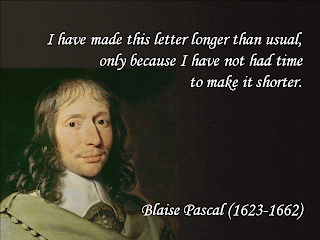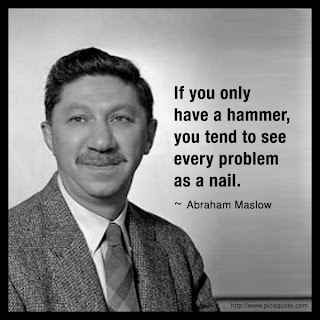The main tenets of Whitehead's metaphysics were summarized in his most accessible work,Adventures of Ideas (1933), where he also defines his conceptions of beauty, truth, art, adventure, and peace. He believed that "there are no whole truths; all truths are half-truths. It is trying to treat them as whole truths that plays the devil.
Sample Sentences:
- The content of Whitehead's Metaphysics can be confusing.
- Whitehead’s metaphysics is the most advanced and sophisticated version of process philosophy.
- Whitehead's metaphysics should be seen as the flourishing of ideas.
Usage:
Whitehead's Metaphysics
Metanexus
Paragraph:
Whitehead's metaphysics is a concept of space and time. It also is comprised of asking questions like "Why are we here?" and "How did things start?". It also categorizes life into phases and whether or not things exist.
Visual Representations:













